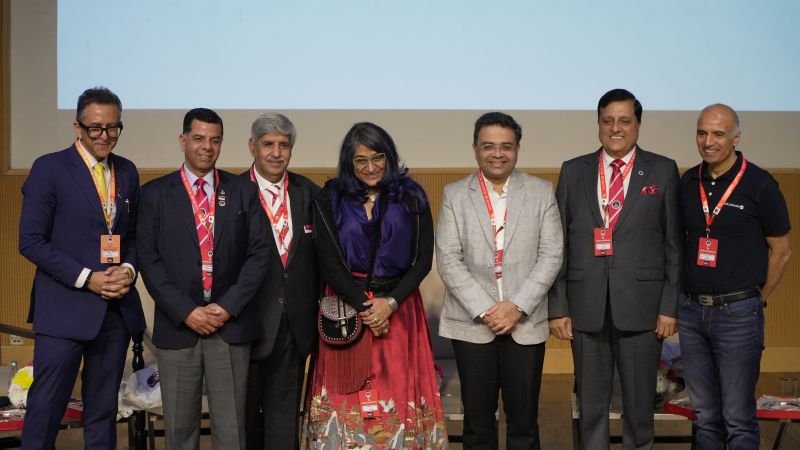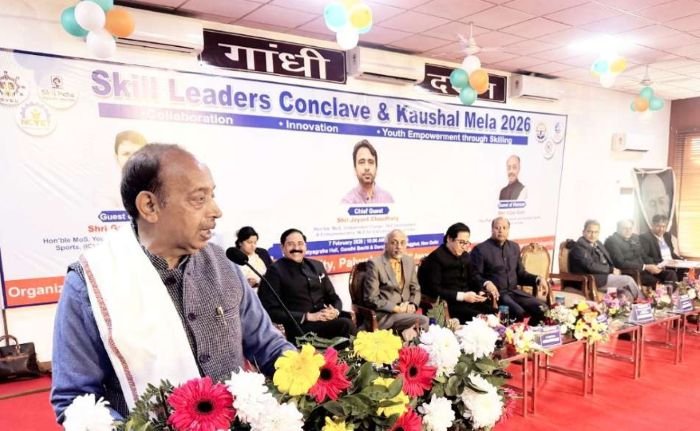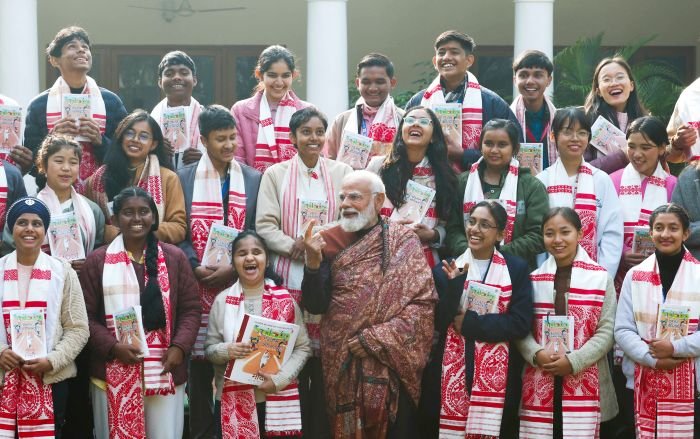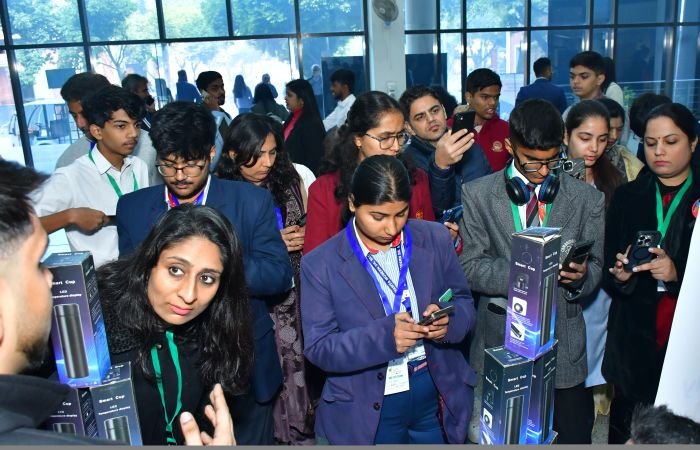
On Teachers’ Day, the Abhay Prabhavana Museum & Knowledge Centre, Pune offered visitors an opportunity to reflect on the enduring role of teachers in Indic civilization. In Indian thought, a teacher has never been limited to instruction alone. Instead, the guru is seen as a guide along the path of Jnana Marg: the way of knowledge that encourages self-inquiry, reflection, and learning that transforms both mind and spirit.
A section of the museum is dedicated to this heritage, honouring rishis, sants, and enlightened individuals who shaped values of compassion, inclusiveness, and ethical living. It reminds visitors that India’s civilisational journey has thrived because knowledge was always something to be examined, lived, and shared.
On Teachers’ Day, Abhay Prabhavana stood as a reminder that India’s greatest strength lies in its teachers and that refers to those who illuminate the path, encourage self-examination, and inspire every generation to rediscover wisdom in its truest sense.
Reflecting on the occasion, Dr. Abhay Firodia, Founder of the Museum, said, “A true teacher awakens inquiry. The principle of ‘Panna Sammikhaye Dhammam’ reminds us that every individual must examine and understand the truth for themselves. In our tradition, the guru has always been both a source of wisdom and a spark for questions. Through Abhay Prabhavana, we try to honour this lineage of knowledge which continues to nurture minds and hearts across generations.”
This legacy traces back to Rishabhdev, revered as the first teacher, who guided humanity toward a civilised way of life through skills like security, communication, agriculture, trade, craftsmanship, and knowledge. Centuries later, Parshvanath and Mahavir deepened this vision by emphasising values such as Ahimsa, Aparigraha, and Anekantavad: principles that encourage compassion, tolerance, and coexistence. Together, these ideals became the foundation of India’s social and cultural fabric.






